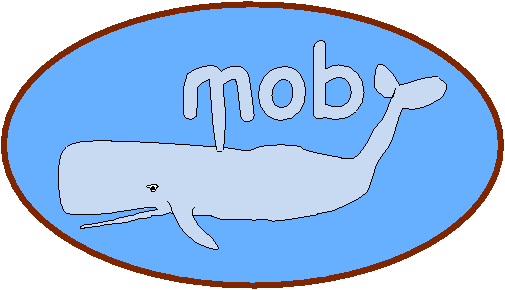What is Moby?
Typical class-based languages, such as C++ and Java, are complex programming languages with vast class mechanisms, which weakens their modular systems.
Moby programming language is an experiment in computer programming design and implementation. The project started out as a testbed for the design of ML2000. It is a rich ML-style language that supports class-based object-oriented programming.
Why Moby?
-
It enhances the ability to perform functions of visibility control and parameterization.
-
The class mechanism in Moby contains minimal features to support inheritance, which reduces the complexity of the language.
-
Programmers can use the various types of modules and classes to fully implement certain class-based systems.
-
Moby also provides a full-featured module system.
Let’s look at the few features of object-oriented programming in Moby.

Objects in Moby are values assigned at runtime. An object is referenced by using a class to define an instance of an object.
Classes in Moby perform the same functionality as classes in other programming languages. They support inheritance, the declaration of objects, and define mechanisms to deal with private and public subclasses.


Moby provides an ML-style module system. It supports subtyping, which allows the abstraction of data, and uses parametrized modules.
Free Resources

